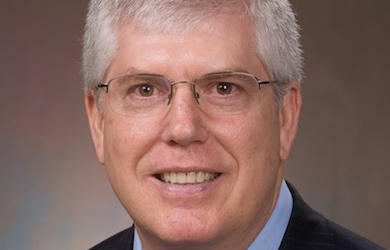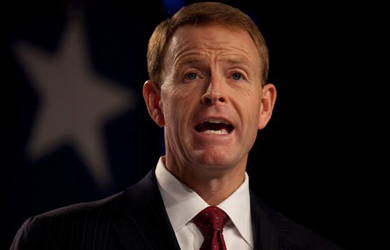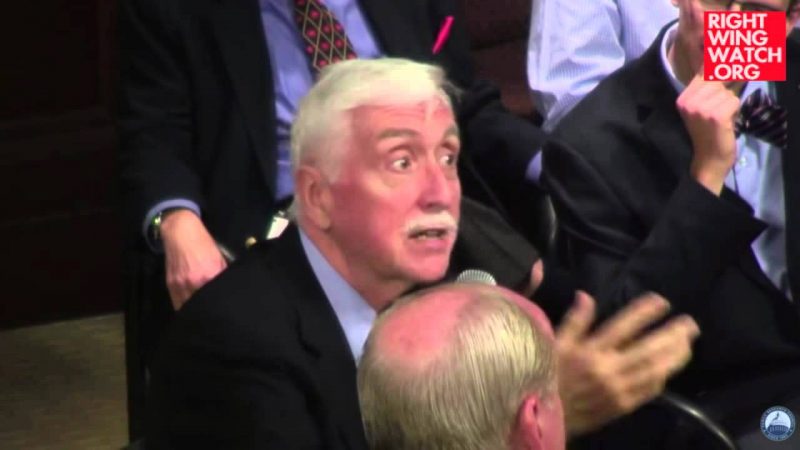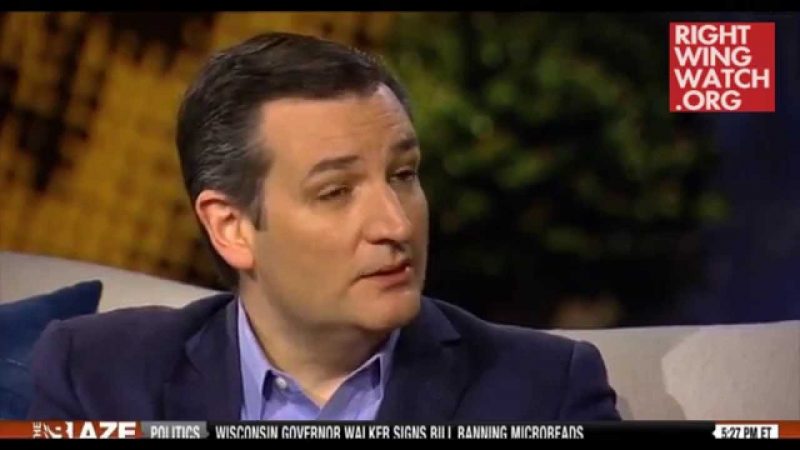The Heritage Foundation’s Ryan T. Anderson — the fresh face of the movement against marriage equality — agreed with an interviewer last week that the road to marriage equality started with widespread contraception use, saying that the acceptance of gay marriage came about because “we’ve had a culture since the ‘60s, since the sexual revolution, that has largely made a mess of human sexuality, the family and marriage.”
Patrick Coffin, who hosts a podcast for the group Catholic Answers, asked Anderson whether “the widespread acceptance of contraception” was “the first domino to fall” on the way to marriage equality.
“Yes, the sexual revolution explains quite a bit of this,” Anderson agreed. “We only arrived at the place where we are today, in 2015, at the cusp of a potential Supreme Court case redefining marriage everywhere because we’ve had a culture since the ‘60s, since the sexual revolution, that has largely made a mess of human sexuality, the family and marriage. It’s only after a generation or two of premarital sex, non-marital childbearing, the hookup culture, pornography, no-fault divorce, that you’d then be at the point of saying, ‘Oh, yeah, marriage has nothing to do with men and women.’”
Opponents of marriage equality don’t always acknowledge that the rights that they would like to roll back don’t stop with gay marriage. But just as the gay rights and women’s rights movements have been intertwined for decades, so has the opposition to those advances.
In fact, Anderson made this very argument in a 2006 essay in defense of the radically anti-contraception Quiverfull movement (made famous by the Duggar family), in which he wondered if a backlash against gay marriage might lead Christians to reexamine their “sexual practice” and come to realize “the immorality of contraception”:
As people continue to see the bad results of the sexual revolution, they are likely to reevaluate their current attitudes toward sex, and while doing so they may find that the logic of human sexuality leads right back to traditional Christian orthodoxy. Might the continued push for same-sex “marriage” and the normalization of homosexuality prove to be the tipping point, the catalyst for a widespread reexamination of Christian sexual practice? Might these issues push the envelope so far that, as faithful Christians reflect on the reasons why they must conclude that homosexual acts fail to embody the truth of human sexuality, they come to realize that these same reasons entail the immorality of contraception? (For the moment I’ll assume that anyone entertaining this line of thought has already concluded that premarital and extramarital sex likewise fail to embody the truth of human sexuality.)
Last month, during the Supreme Court arguments in the Obergefell v. Hodges marriage equality cases, Justice Ruth Bader Ginsburg challenged the idea that the definition of marriage has existed for “millennia,” pointing out that the ground for same-sex marriage was paved by a “change in the institution of marriage to make it egalitarian” for women. More recently, the legal fight for reproductive rights for women — starting with defending the right to contraception — has gone hand in hand with the fight for LGBT rights.
This post has been updated with Anderson’s 2006 article.







